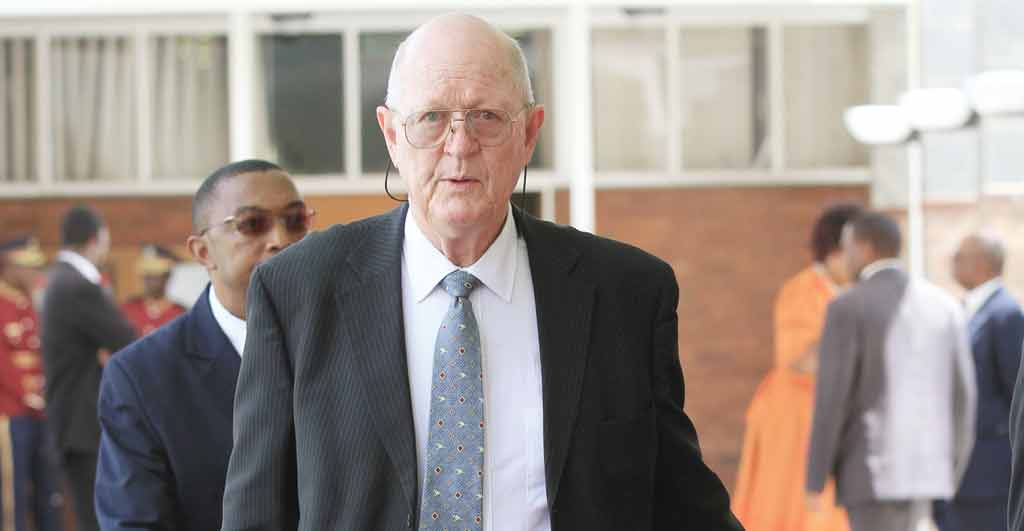As the taxman prevails in a CoA case of companies bringing returns late
TSAONE SEGAETSHO
Efforts by multinationals Supreme Furnishers and Knight Frank (PTY) LTD to make the taxman go easy on them after years of defaulting on their tax payments hit a snag after the Court of Appeal (CoA) ruled that the two companies could not claim losses made in previous years since they deliberately submitted their returns late.
Together with submitting late tax returns, the two companies are said to have brought forward returns of previous years indicating that they were making losses and tried to convince Botswana Revenue Services(BURS) to deduct their losses when making assessments, CoA recently said. According to court papers seen by this publication, the Commissioner General of BURS declined to assess the returns of these companies, making them ineligible for claiming losses. The Commissioner General said the returns were brought late and cannot be assessed as per tax regulations.
In a consolidated judgment dealing with both Supreme and Knight Frank issues, Judge President Ian Kirby agreed with BURS that the two companies were culpable tax defaulters and deserve no leniency. Justice Kirby also concluded that the Commissioner was right to decline assenting to their returns because they were brought late. In the Supreme case, the taxman is the appellant while in another matter Knight Frank is the respondent. The case was made a single judgment since the issues are the same and “counsel for the parties have agreed to this course” according to CoA.
About the Supreme matter, Justice Kirby said on 20th September 2011, in response to a demand from BURS the South African furniture chain submitted late income returns between tax years 2004, 2005, 2006, 2007, 2008, 2009 and 2010.
“There is no explanation by the company for its repeated defaults over the extended trading period. The Commissioner General declined to assess the returns of 2004 and 2005(which reflected losses) on the grounds that such assessments were time-barred. He initially assessed the 2006 return (which also showed a loss) but subsequently withdrew that assessment on the ground that it too was time-barred. No issue is made of that withdrawal,” said Justice Kirby.
Before losing its case at the CoA, Supreme had tried to lodge a complaint with the board of adjudications who comprised of “experienced lawyers and experts.” The panel agreed with BURS that it was right not to assess Supreme’s tax returns because the company brought returns late. This prompted Supreme to approach the High Court which dismissed the panel’s decision subsequently trying to compel the taxman to assess the furniture chain. The High Court also concluded that the Commissioner General was “obliged to carry forward that loss and to set it off against profits in a subsequent tax year in terms of the Tax Act.”
Knight Frank for its part failed to defend its position after it appealed a High Court ruling which approved BURS Commissioner’s decision to decline assessing the company. According to Justice Kirby, Knight Frank brought their tax returns of 2004 and 2005 late on 9th August 2009, contravening the Income Tax Act. Other returns for 2007, 2008, 2009, 2010, 2011 were submitted late on 14th September 2012.
According to Justice Kirby, there was no explanation offered for defaults although their lawyer Gabriel Kajabanga subsequently admitted that the defaults were deliberate. Like Supreme, Knight Frank’s returns assessment was declined by Commissioner General making the company inadmissible for a set – off against profits realized in the succeeding years. The estate agency also appealed and like Supreme was turned down. The High Court also dismissed Knight Frank’s case in which it tried to object to the Commissioner General’s refusal to assess its tax returns.
Justice Kirby dismissed the Knight Frank’s appeal with costs before allowing BURS’s appeal against Supreme also with cost.

